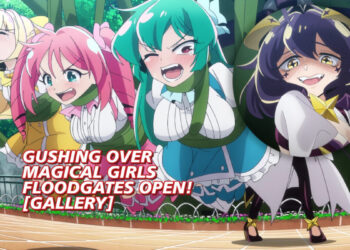Today I’m continuing my series on how Japanese may experience anxiety when traveling to the U.S., feeling the need to become more assertive and speak their opinions more clearly than they do in Japan. Another big part of this phenomenon is forcing themselves to say yes and no directly, since these simple linguistic concepts which you and I take for granted aren’t so simple in Japan. The word “yes” in Japanese is hai, and it’s certainly used to indicate agreement to a question…but also as a general agreement word (called aizuchi) which is uttered every few seconds while someone else is talking, more or less to show that you’re listening attentively, so it can have other meanings than what we expect in English. “No” in Japanese is iie (pronounced ee-EH), and it’s not often used in normal speech as it’s considered too abrupt and potentially rude. Instead, if you asked someone if they liked a certain food, they might reply with chotto… (“well…”) which would clearly indicate their dislike. Another word the Japanese will use when they want to indicate a negative is muzukashii, which means “difficult” but is universally understood to be a softer-sounding stand-in for “no” in many situations. I’ve heard that Chinese, when they learn Japanese, overuse the black-and-white yes and no rather than more nuanced words for expressive agreement or disagreement — if I had lots of free time, it’d be cool to study some Chinese and see if there’s a linguistic reason why this might be so.
Describe Yourself Through Manga Panels!
One reason Japanese manga has become popular all over the world is that the characters and jokes are so relatable,...
















